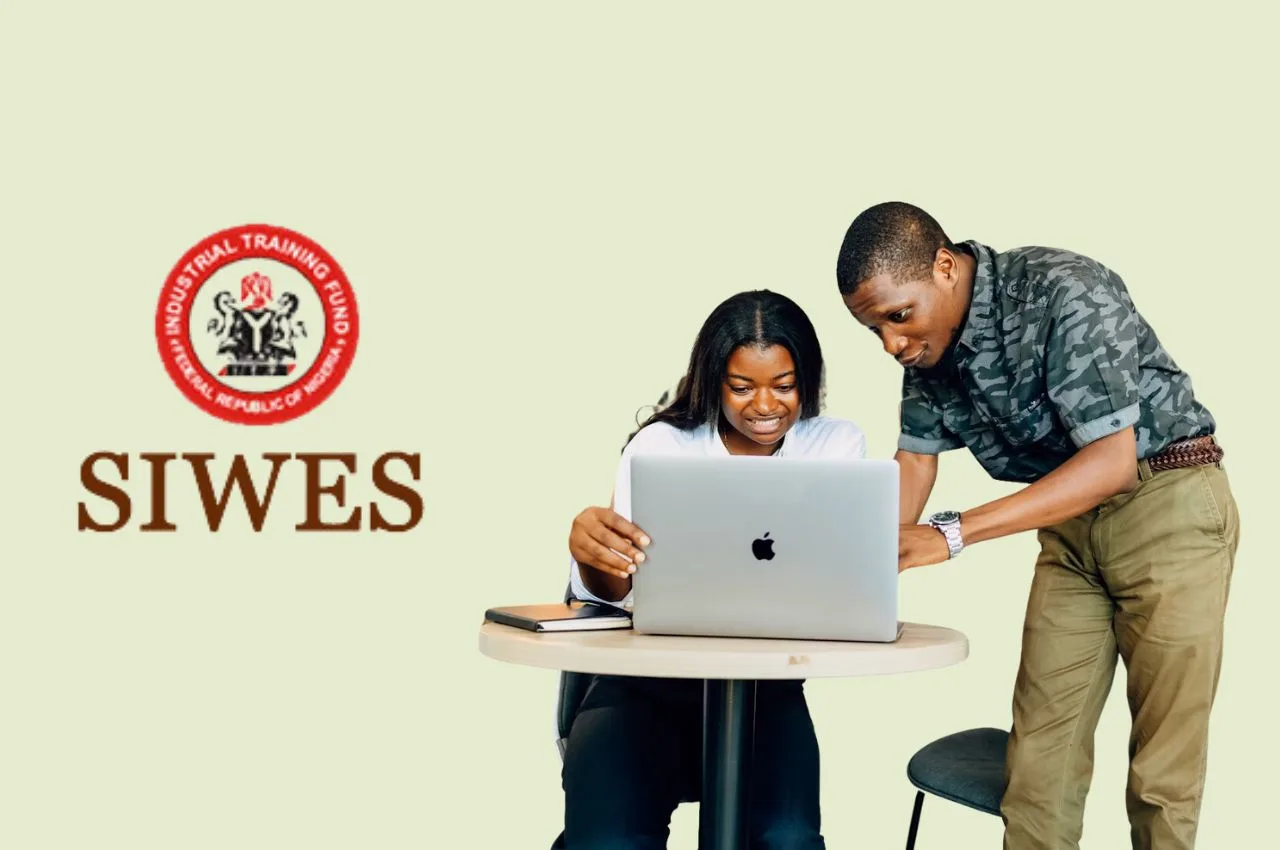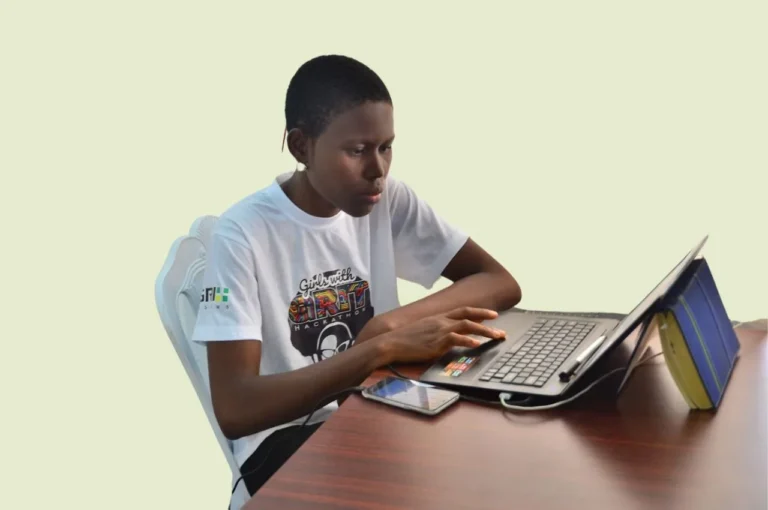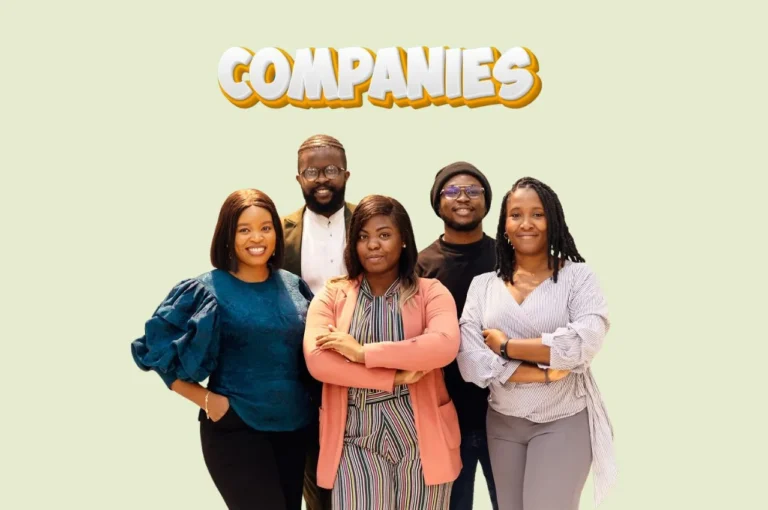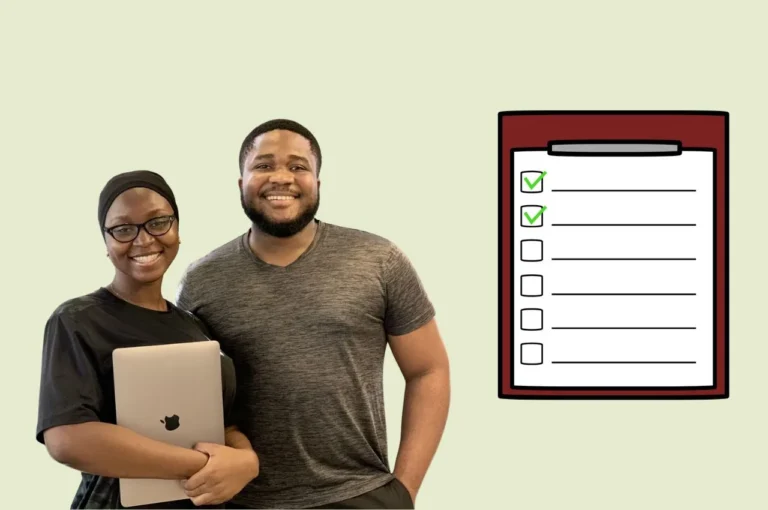SIWES in Nigeria: Meaning, Introduction, History, and Scope

The Students’ Industrial Work Experience Scheme (SIWES) is a mandatory skill-training program that is part of the academic curriculum for Nigerian tertiary institutions.
It is designed to expose students to real-world industrial practices and prepare them for the work environment they will encounter after graduation.
The scheme affords students the opportunity of familiarizing themselves with the needed experience in handling equipment and machinery that are usually not available in their institutions.
SIWES was established when industrialists raised an alarm that graduates of institutions of higher learning lacked adequate practical background studies preparatory for employment in industries.
Employers were of the opinion that theoretical education in Higher Institutions was not responsive to the needs of the employers of labour.
Based on this report, the Industrial Training Fund (ITF) designed, established and introduced SIWES in 1973 to bridge the gap existing between theory and practice of Engineering, Technology, Sciences, Agriculture, Medical, Management and other professional and educational programmes in Nigerian tertiary institutions.
It was also designed to safeguard the areas and workers in industries as well as other organizations.
The objective for which the fund was established has been pursued vigorously and efficaciously.
The ITF has not only raised training consciousness in the economy but has also helped in generating a corps of skilled indigenous manpower which has been manning and managing various sectors of the national economy.
When the ITF was established, it was discovered that the biggest skills gap was in vocational and technical training.
To address this, the National Apprentice Scheme (NAS) was introduced in the late 1970s to create guidelines and support apprenticeship programs across Nigeria.
Today, as Nigeria undergoes major economic changes, the ITF has restructured and expanded its operations to reach the entire country.
To help employers improve the skills of their workers, the ITF has strengthened its training programs, making it a leader in industrial skills development in Nigeria.
The key areas covered by SIWES include:
- Students get practical experience by working in companies, factories, hospitals, or organizations related to their course of study.
- The program helps students learn practical skills that add to what they were taught in the classroom.
- Students see how the knowledge they gain in school applies to real jobs, making them better prepared for employment.
- Students get the chance to work with modern equipment, tools, and technology used in their industry.
- The program teaches students the importance of workplace ethics, teamwork, and professionalism.
- Some students may be given specific tasks or projects to complete, allowing them to apply their knowledge to solve real problems.
- Helps build a strong relationship between schools and companies, ensuring that graduates meet industry standards.
- At the end of the program, students must submit a logbook, write a report, and defend their experience before lecturers.
- By working in real job settings, students can explore different career paths and make better decisions about their future.
SIWES gives students the practical knowledge and work experience they need to succeed in their careers.
By participating in this program, students not only improve their employability but also contribute to the nation’s workforce development.






